BMX Racing
BMX Racing has a men's and women's event, both with 24 athletes, the same as Tokyo 2020. There are at most three places per gender per NOC, and one place per gender goes to the host nation, another is decided by Universality. The qualification system is the same for men and women. The first seventeen places will be allocated based on the UCI BMX Racing Olympic Qualification Raking of 4 June 2024, with the top two NOCs getting three places, those ranked third, fourth, and fifth getting two, and one berth each for those ranked between sixth and tenth, ensuring that at least one NOC in Europe and Oceania gets a place (meaning that a place could be taken away from tenth place to give to Oceania or Europe, or if France are in the top ten eleventh could also get a place). Then, NOCs with no spots qualified as of yet can qualify one place each from three 2023 BMX Racing Continental Championships (dates and locations TBC) in Africa, America, and Asia. The highest ranked NOC yet to qualify a place in the 2023 UCI BMX Racing World Championships (Glasgow, GBR, 3-13 Aug 2023) elite individual event, and the same for the 2024 UCI BMX Racing World Championships (Rock Hill, USA, 21-26 May 2024) will get the final places. The changes from Tokyo 2020 are giving a specific continental qualifier to three continents, removing a place from the NOC ranking and removing the individual ranking altogether, and splitting the places earned at the World Championship in two, as well as the addition of a designated universality place. This is notable as it bucks the trend of moving towards ranking-based systems seen in other sports somewhat.
Road Cycling
Road cycling experiences big changes from 2020 to 2024, as it achieves gender parity but also a decrease of quotas. In 2020, there were 130 men and 67 women (a total of 197 athletes), and now there are 90 of each gender (a total of 180). The events are the same: a road race and individual time trial for both genders. There are at most four places per NOC per gender, but at most two can enter the time trial. The road race qualification system is the same for both genders, with all 90 athletes entering: two host spots, and 88 qualification spots. 80 of these spots will be earned at the UCI Road World Ranking by Nations of October 2023 (an exact date is yet to be determined), with the top five NOCs getting four places, those ranked 6th to 10th getting three, those ranked 11th to 20th getting two, and those ranked 21st to 45th getting one, respecting a minimum of one spot for Europe and Oceania. If the host places are already used, then the countries ranked 26th and 27th will also get a place. Those NOCs yet to qualify have a chance to get a place at the 2023 UCI Road World Championships Elite Road Race (Glasgow and Scotland, GBR, 3-13 Aug 2023), with the top two NOCs getting a place. The final six spots will be earned at three 2023 Continental Championships Elite Road Races (dates and locations TBC), with two spots per continent for Africa, America, and Asia. In the Time Trial, 35 athletes per gender will be allowed to compete, with the top 25 in the UCI Road World Ranking by Nations of October 2023 getting one spot, and the top 10 in the 2023 UCI Road World Championships Elite Individual Time Trial (Glasgow and Scotland, GBR, 3-13 Aug 2023) also getting a spot.
The changes on the men's side include the fact that only the top 45 NOCs now get a place, and that no country can qualify five cyclists. For women, it's a big improvement with 22 NOCs qualifying based on ranking in 2020, but now 45 NOCs do so. There is also a reduction of places in the Men's Time Trial, and the reverse is true for women as well.
Track Cycling
Track cycling has had small adjustments to achieve gender parity from 2020 to 2024: in 2020 there were 99 men and 90 women (189 in total), now there are 95 per gender for a total of 190 athletes. The programme is the same, with Team Sprint, Sprint, Keirin, Team Pursuit, Omnium and Madison events for both genders. There are at most eight athletes per NOC per gender, but a ninth can be added if they come from a different cycling discipline (thus not disturbing the overall quota amount). For all events, the qualification system is the same for both genders. In Team Sprint, the top eight NOCs will qualify one team of three cyclists each based on the UCI Track Olympic Ranking 2022-24 (published 15 April 2024). These NOCs can also enter two athletes per gender in both the Sprint and Keirin events, while the top NOCs not in the top 7 also qualify one athlete per event: the Sprinters can also enter the Keirin, and vice versa. If a continent does not have a place in any of these three disciplines, it is allocated to the Sprint (meaning the lowest ranked NOC that would have qualified loses a place). The same ranking will qualify the top ten teams of four in Team Pursuit, while those NOCs can also enter two athletes in Madison, while the top five NOCs in the ranking not in the Team Pursuit can also enter a team in the Madison. All NOCs qualified in Madison can enter an athlete in the Omnium, as well as seven other NOCs based on ranking. Similar to the sprint events, these three endurance events also need at least one athlete from each continent. If this does not happen, places will be allocated in the Omnium at the expense of the lowest ranked NOC.
Changes made due to the quota size notwithstanding, this is a very similar system to Tokyo 2020.
With just four sports left to release their qualification system, it is looking to be an exciting and hectic period on the path to Paris.
Patrick Green
Writer, Totallympics News
1154
• 0


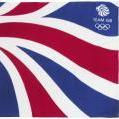
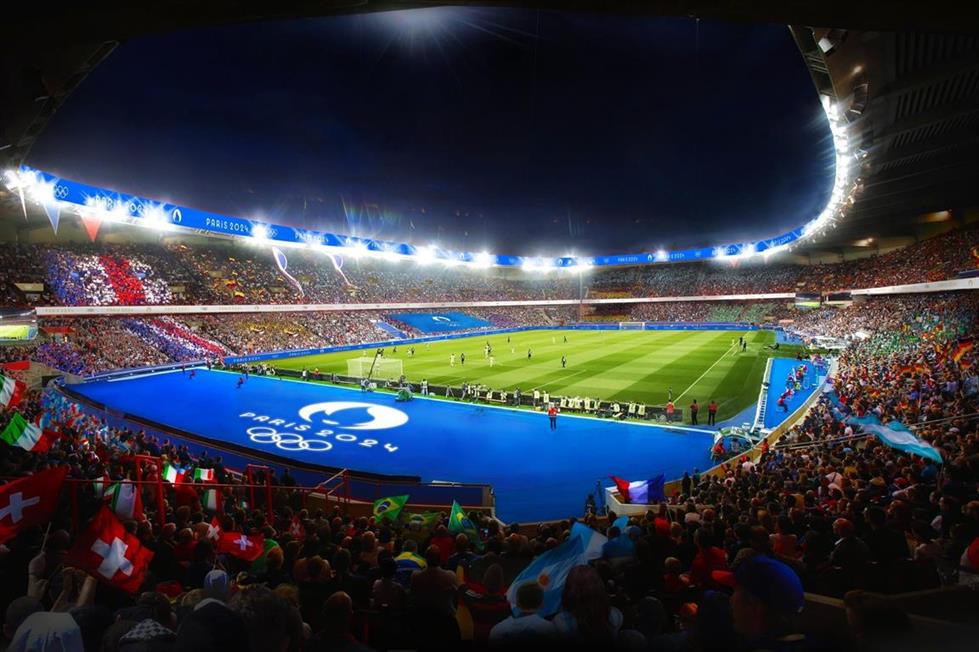
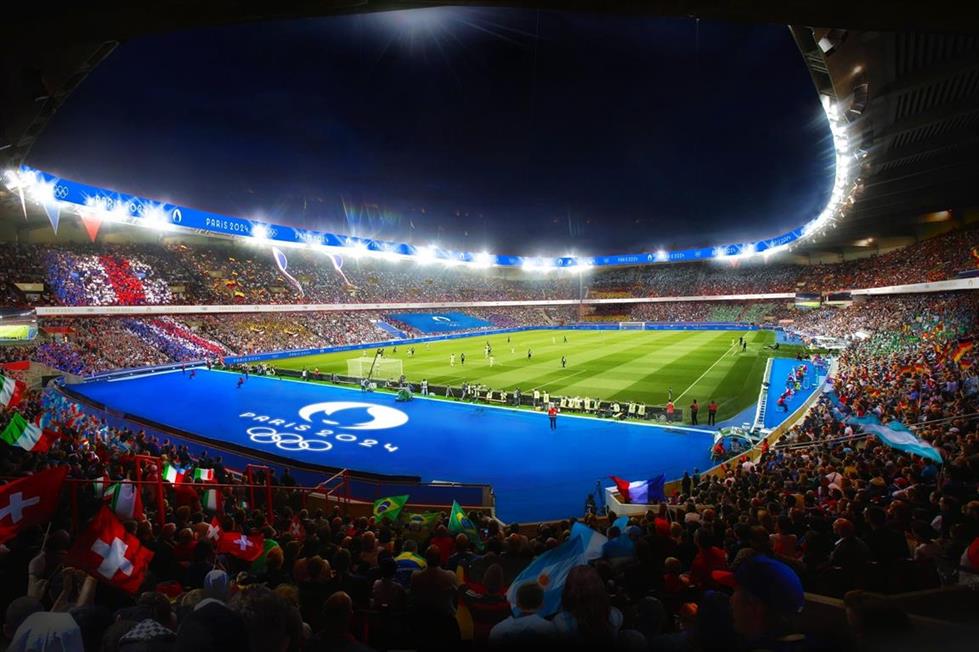
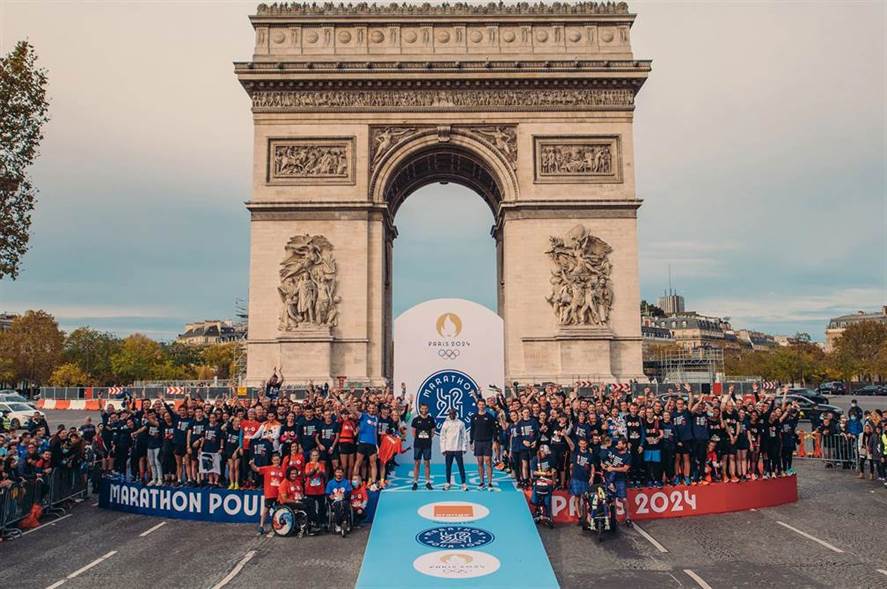
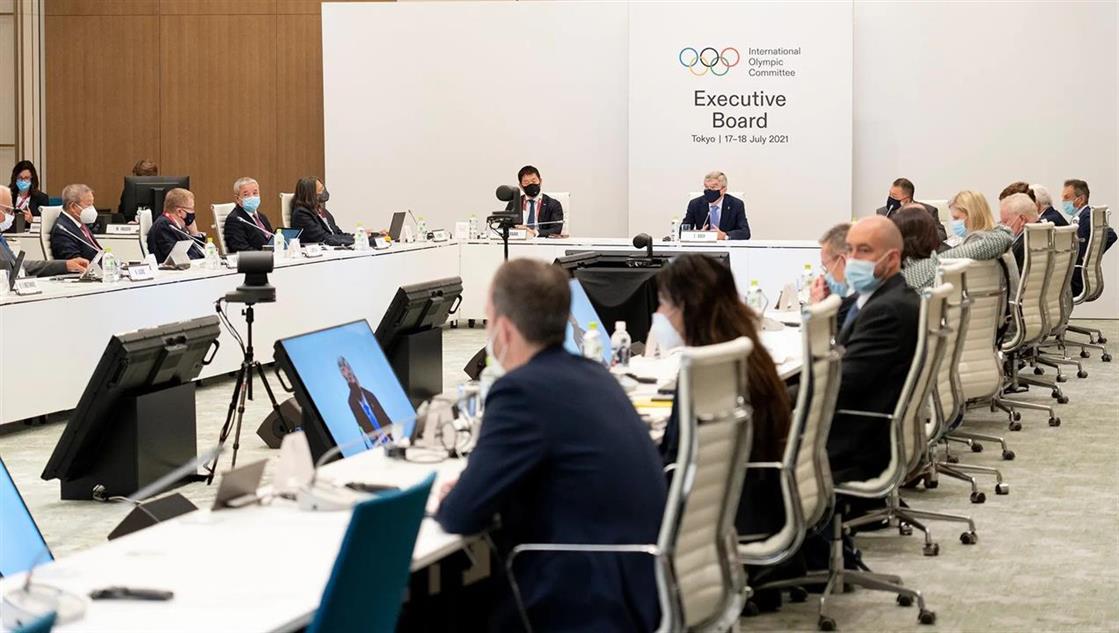
.jpg.7365d1a794fb67ac085c3c84a9a3e3e2.jpg)
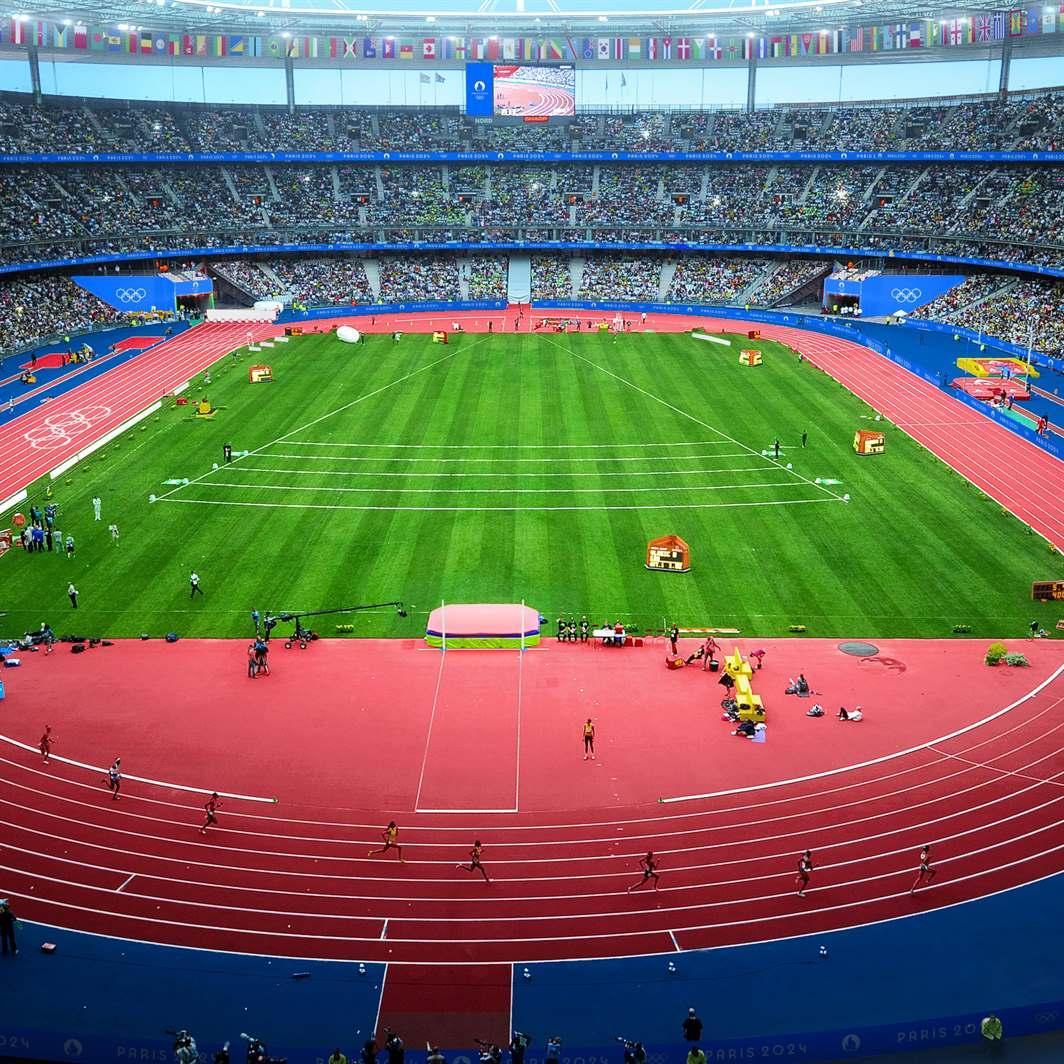
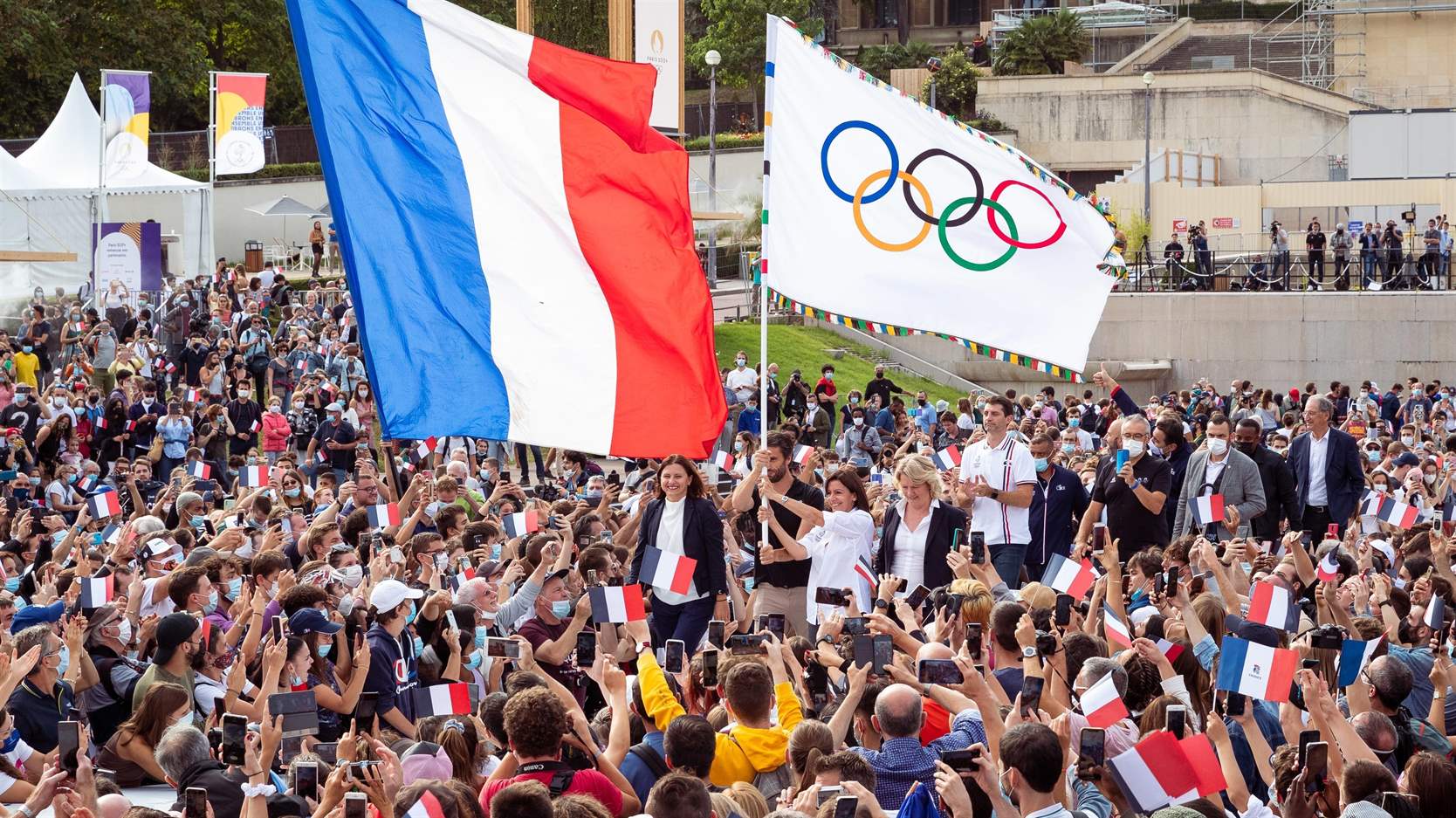
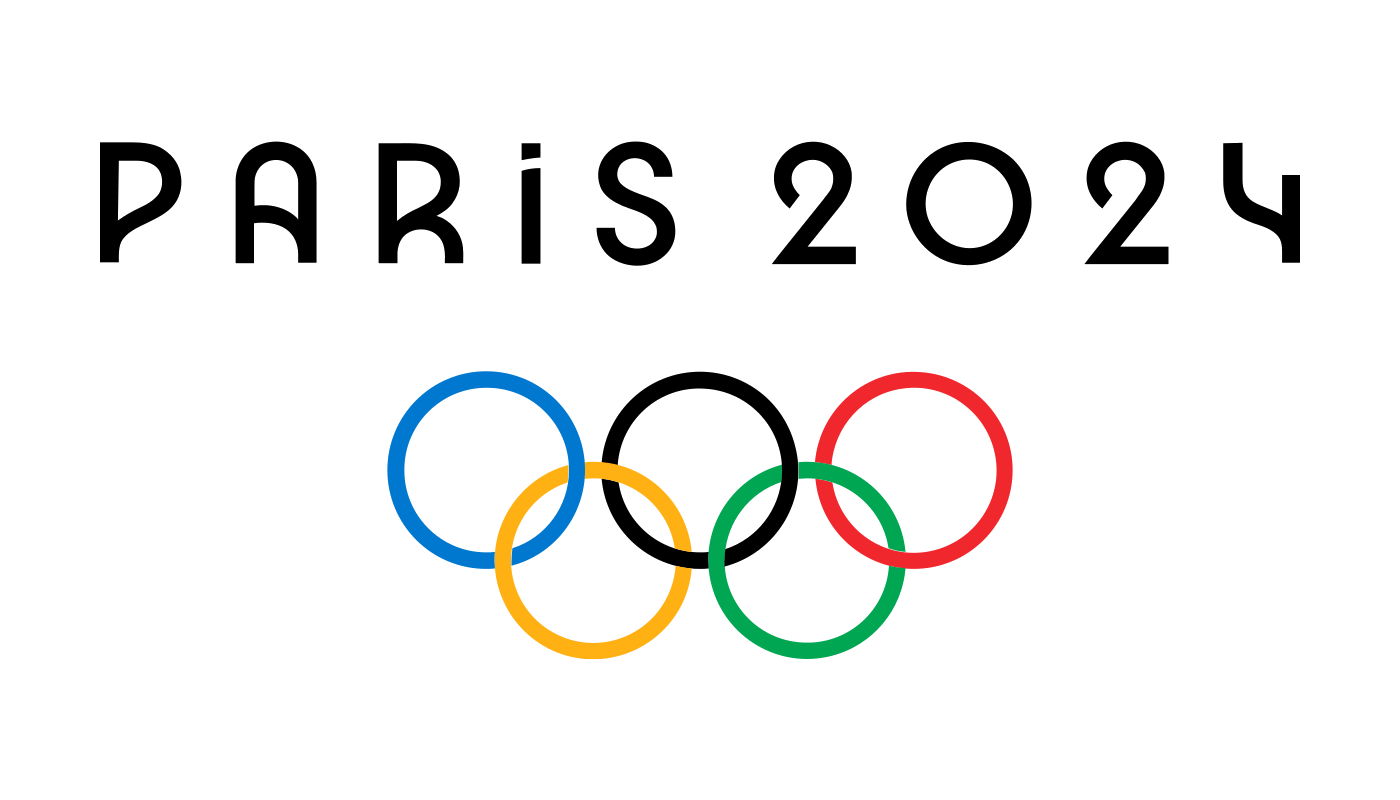

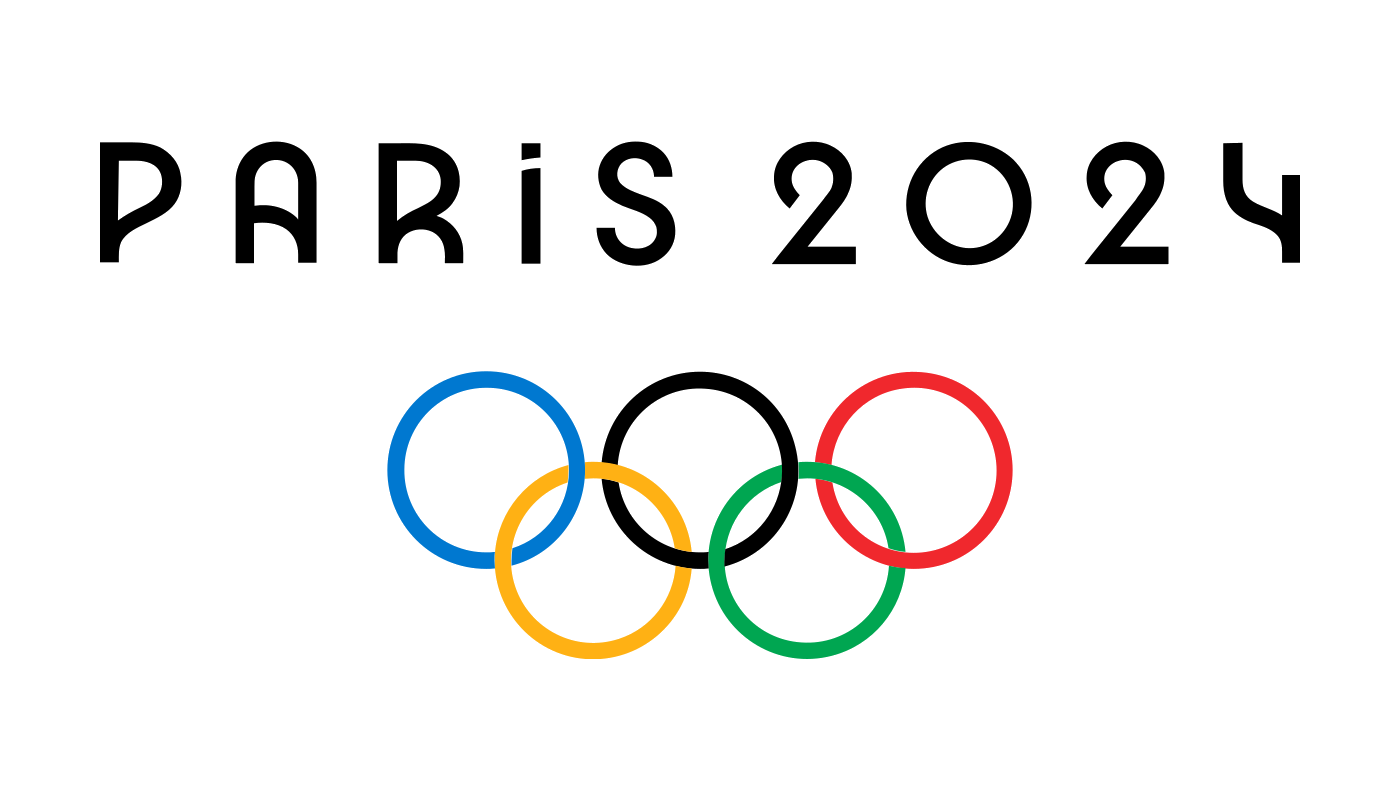
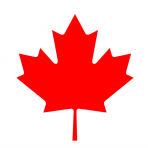

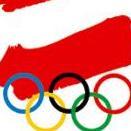



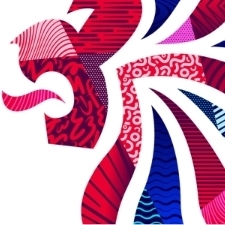
.thumb.png.64ecbe993b85f8359af6eabac82f44c3.png)